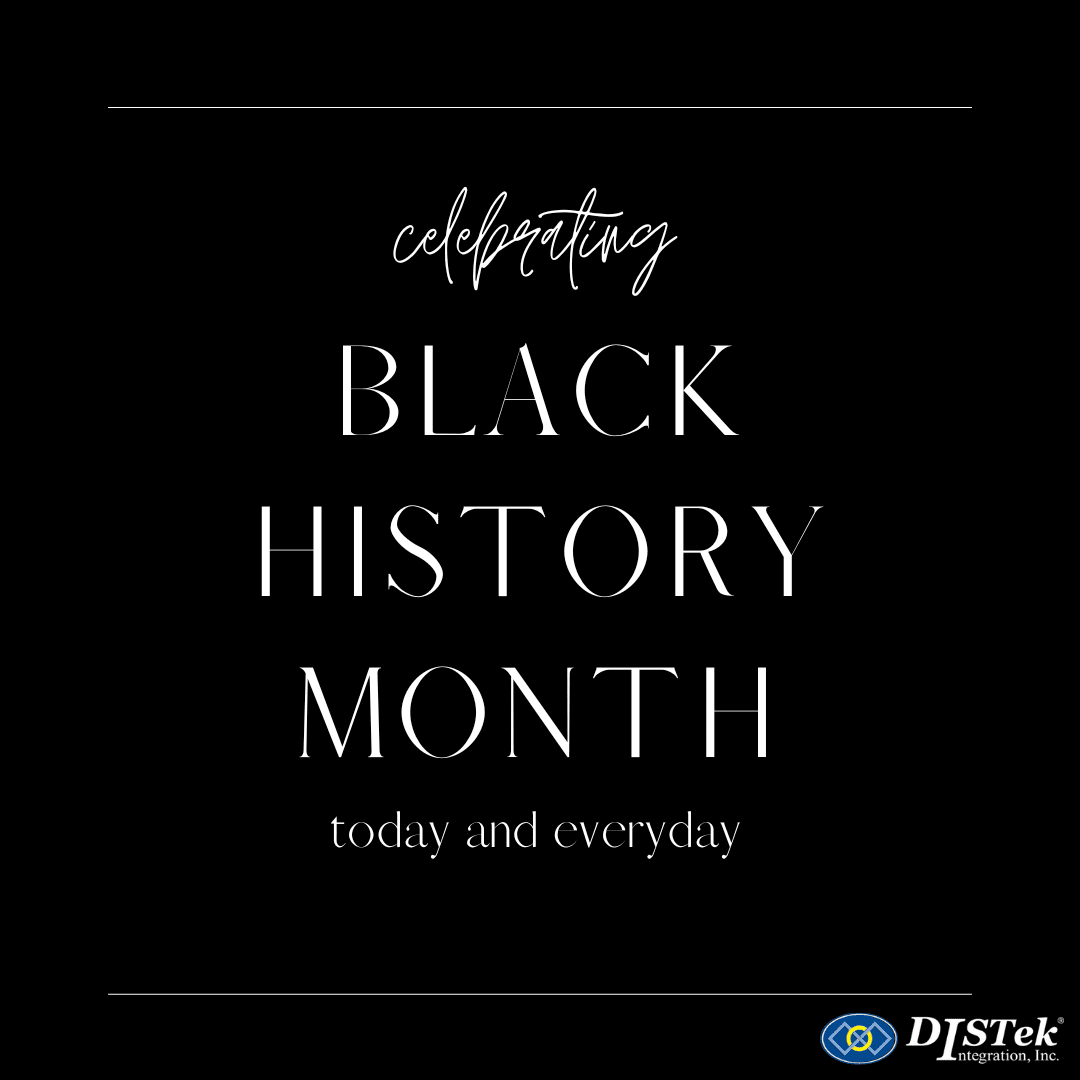Reflecting back on the month of February, which marks the celebration of Black History Month – a time to celebrate the contributions and achievements of Black people, it also serves as an opportunity to have conversations about how Black history has and continues to impact our lives. By examining the obstacles overcome by Black individuals in various fields, we come to realize that their historical experiences are intrinsic to the shared human experience. Moreover, by looking at some of the technological challenges Black people face, it becomes evident that Black history is everyone’s history, and through our everyday life, we are making history every day.
Diversity disparity in technology companies has been a longstanding issue that has garnered increasing attention in recent years. While Black people comprise approximately 13% of the US population, they are severely underrepresented in the tech industry. According to a report by the Kapor Center and the NAACP, Black talent in the tech industry represents just 4.4% of board roles, 3.7% of those in technical positions, and just 4.0% of those in executive leadership.
The lack of diversity in the technological arena is not solely confined to issues of fair hiring practices. Rather, it can engender insidious repercussions that permeate through the entire ecosystem of procedures and goods, transcending individuals, communities, and even national boundaries. For example, facial recognition software has become a concern due to its potential to produce discriminatory results, as a result of insufficient diversity in the training data and algorithms that may not accurately recognize individuals of different races, especially for those with darker skin tones. This raises concerns about the disproportionate impact on communities of color, resulting in calls for increased regulation and oversight, including proposed bans in some cities.
The canvas of technology is continuously evolving, and it is difficult to gauge the reach and effects of specific technology. Moreover, even a perfectly curated tool can lose its impact when integrated into a massive and potentially malignant system. Therefore, a holistic understanding of the system and the factors driving change is required. Engineers and technologists are intimately connected to solving complex issues with novel ideas, and any new idea can profoundly impact the world around us. A technology industry with a more diverse background of cultures and races is needed to help facilitate this impact.
At DISTek, we are committed to creating an equitable and inclusive workplace and achieving a legacy of shared success for everyone. Through our Diversity, Equity, and Inclusion (DE&I) efforts, we aim to start the conversations, listen to different perspectives, and be a propellent of innovation that benefits everyone. When we recognize that challenges exist, we can work together to positively move forward and continue to make history each and every day.
Note: This blog post was written in collaboration with Jon Sunderland, DISTek Software Engineer.
The information in the article is collected from the following resources:
[2] STATE OF TECH DIVERSITY: The Black Tech Ecosystem, report by the Kapor Center and the NAACP
[4] City of San Francisco, “Facial Recognition Technology Ban”, (2019)


